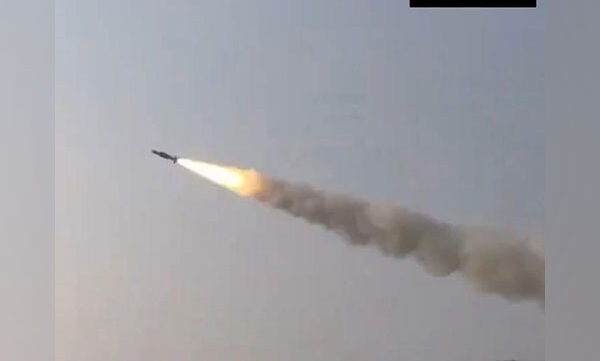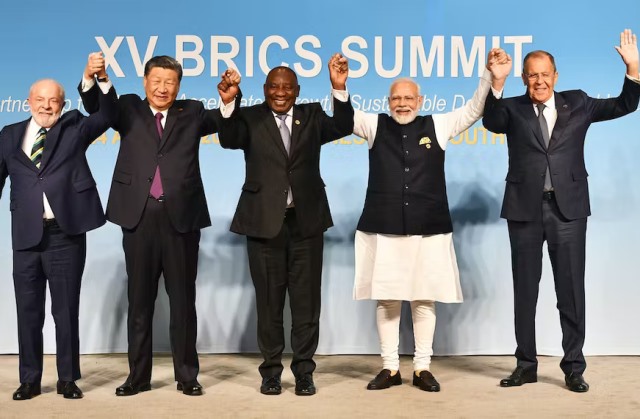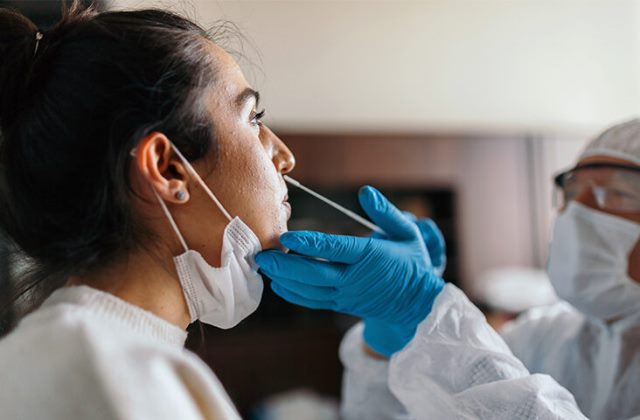Amid Indian efforts to expand the export of indigenous military hardware, many countries, including Philippines, Brazil and Egypt have shown interest in procuring the Akash air defence missile system.
The missile system has already achieved success in selling the missiles to Armenia under an order worth over USD 600 million.
“The deliveries to Armenia are expected to begin in next few months from now. In the meanwhile, many countries including Brazil, Egypt and the Philippines have shown interest in the Akash missile system,” defence officials told ANI.
The Akash missile is a Defence Research and Development Organization-developed system and has been in service for over a decade now with multiple advanced versions of the missile under development by the Akash Team.
There are also countries in the Middle East that have shown interest in the capabilities of the Akash weapon system and its recent capability demonstration in trials.
India demonstrated the firepower of the indigenous Akash missile system, where four targets (unmanned aerial targets) were engaged simultaneously by a single Akash firing unit. The demonstration was conducted by the IAF during Astrashakti 2023 at Suryalanka Air Force Station on December 12.
The Akash Weapon System is indigenously designed and developed by the Defence Research and Development Organisation (DRDO) and produced by defence public sector units along with other industries.
Akash has been deployed by the Indian Air Force and the Indian Army for the last decade. The current firing was done from the system, which was ordered in September 2019 as a repeat order from the IAF.
The Akash weapon system is also one of the indigenous defence systems that have bagged orders from international customers. It is also being constantly upgraded by the DRDO scientists involved in it and they may get more orders from Southeast Asia and the Middle East.
Recently, DRDO chief Samir V Kamat inaugurated a replica of the missile at the Indian Institute of Technology (IIT) in Mumbai to attract talented youth towards defence research and development. (ANI)
For more details visit us: https://lokmarg.com/




